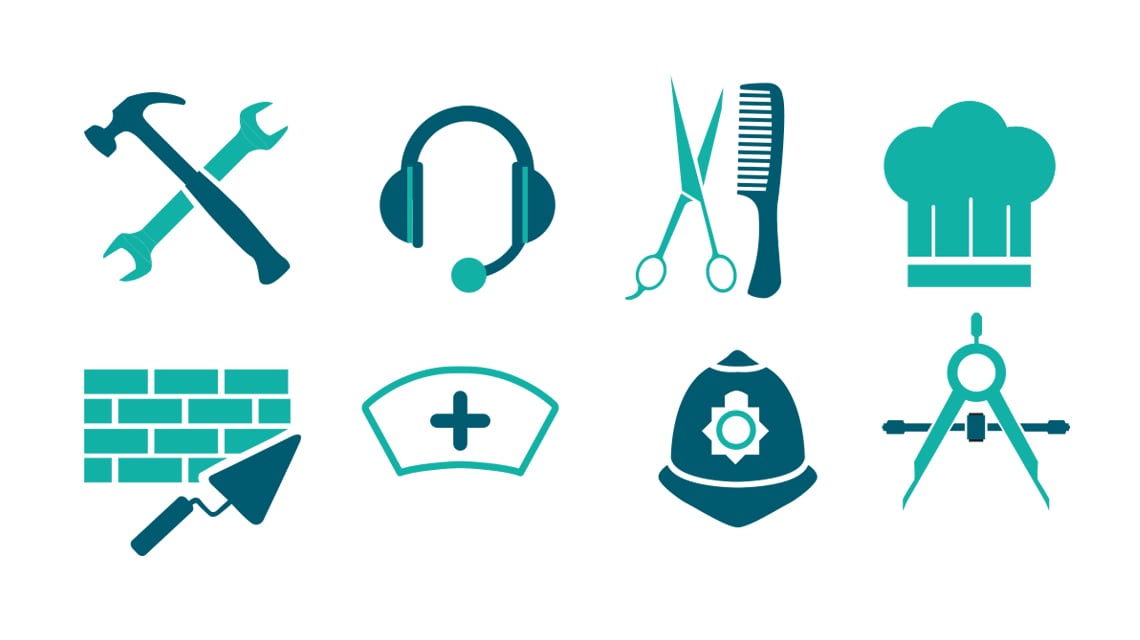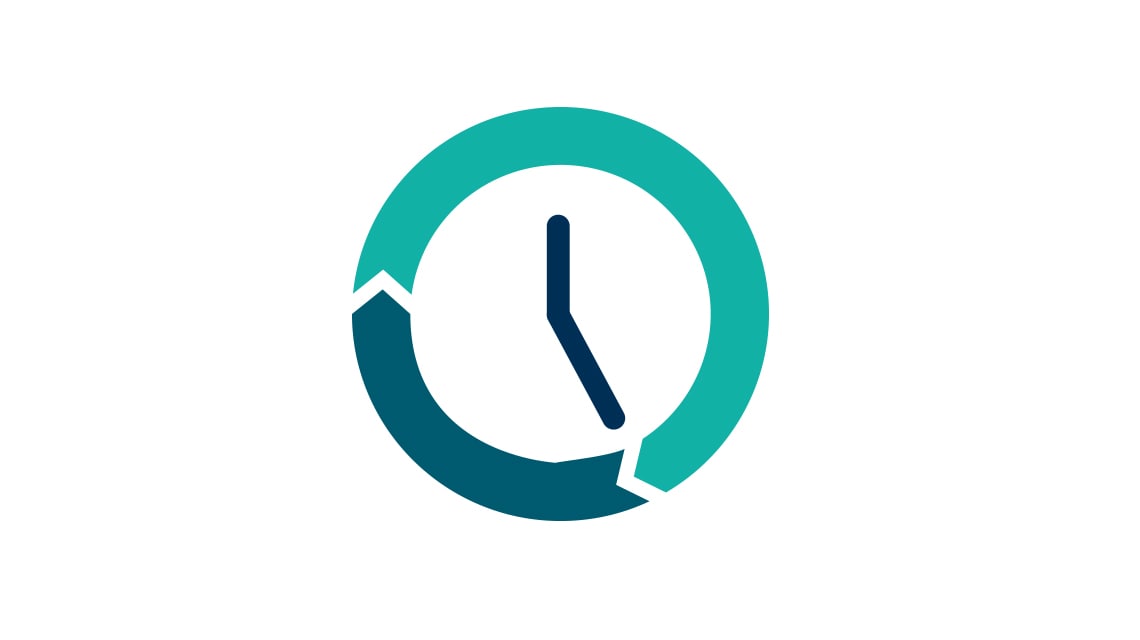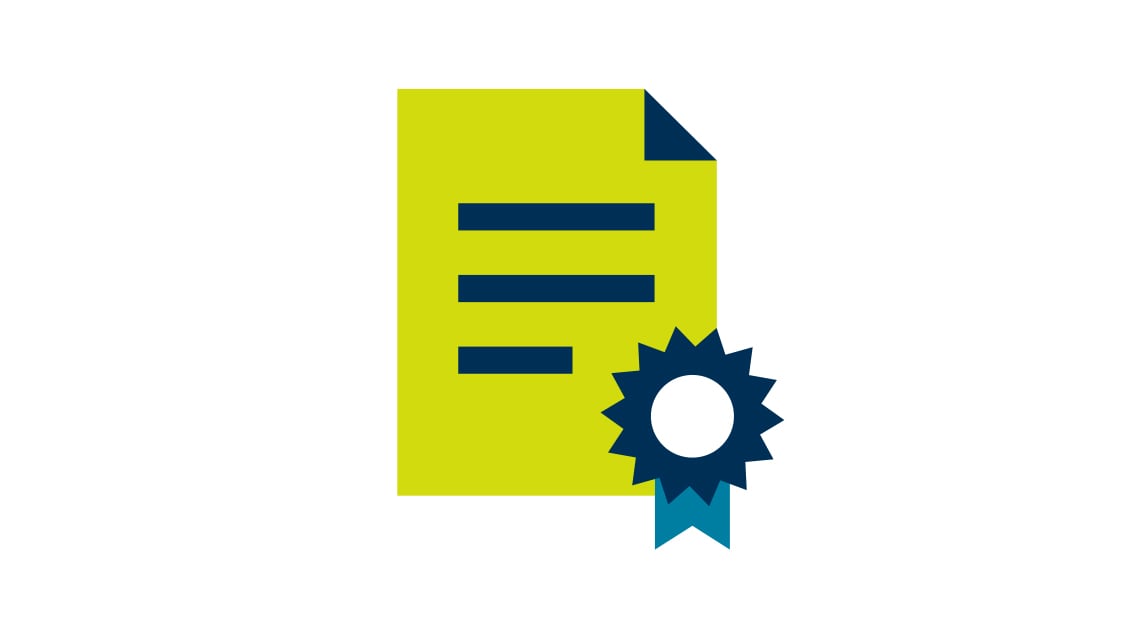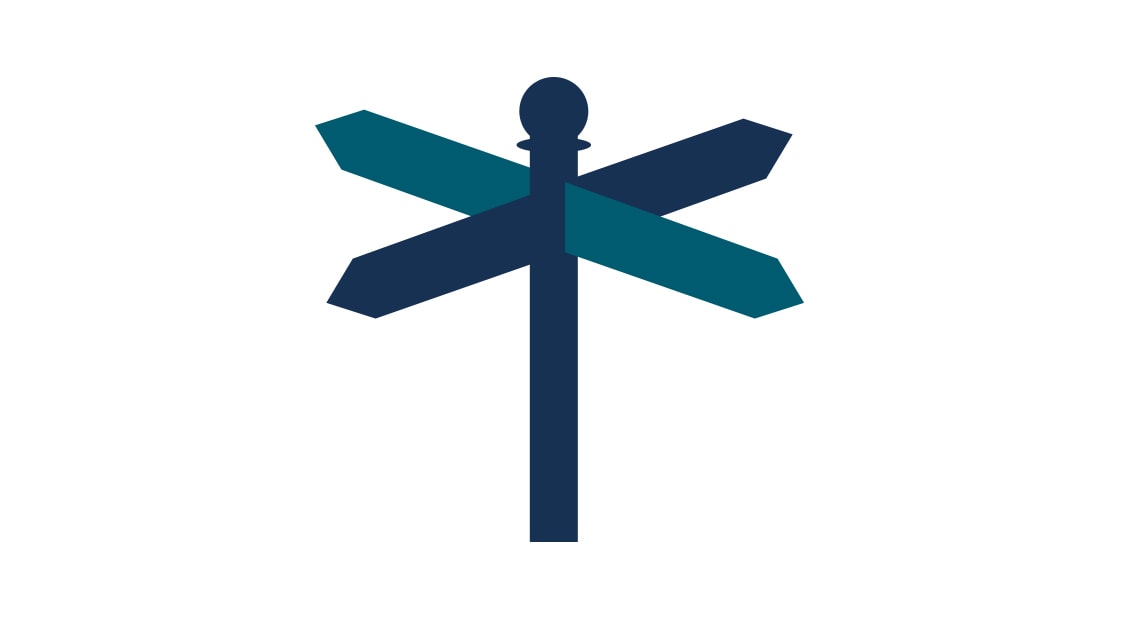In jobs at this level, you could be entering data into a database, compiling reports from the data or answering queries from customers who use a database.
Databases are computer systems that store and order information. You may also spend time doing paperwork, answering phones and emails. You might work for a business, such as a bank, or in a hospital, library or for a charity.

Example jobs

Data entry clerk
Inputs records onto a computer system.
Digitisation clerk
Scans documents, logs data, retrieves information.
Administrative clerk
Maintains company records, issues paperwork, sends and responds to emails.
Information assistant
Helps users and books material in and out of the system.
Records assistant
Accesses information, maintains accurate records, processes information.
Things you need to know

Typical working conditions
- Depending on the organisation, you could work in a library, warehouse, office, hospital or archive.
- You will have contact with users by phone, email or face to face.

Qualifications needed
- You will need maths and English at GCSE.
- You will need good IT skills, including knowledge of IT systems and applications such as Microsoft.
- You may need an IT or business administration qualification, such as ECDL, GCSE or BTEC.
- Some jobs may ask for qualifications related to the type of business, such as engineering or accounting.

Career path
In larger organisations, you could be promoted to more senior roles. Your employer may send you on training courses for the applications and packages they use.
Alternatively, you can study in your own time. If you develop your technical skills, you could become involved in the design of databases.
Useful links
Pearson is not responsible for content on external websites.
Association for Information and Image Management (AIIM)
What is information management?